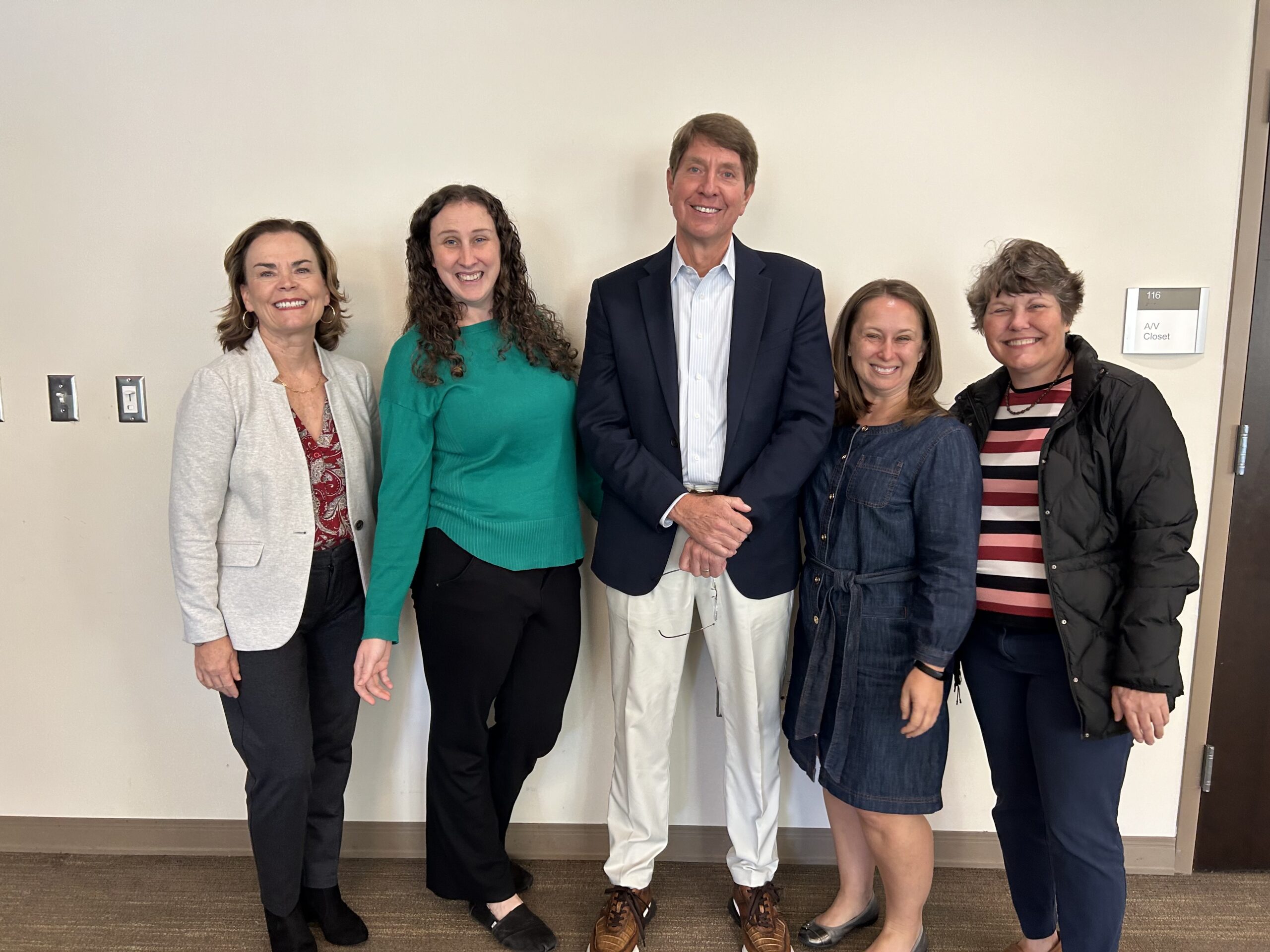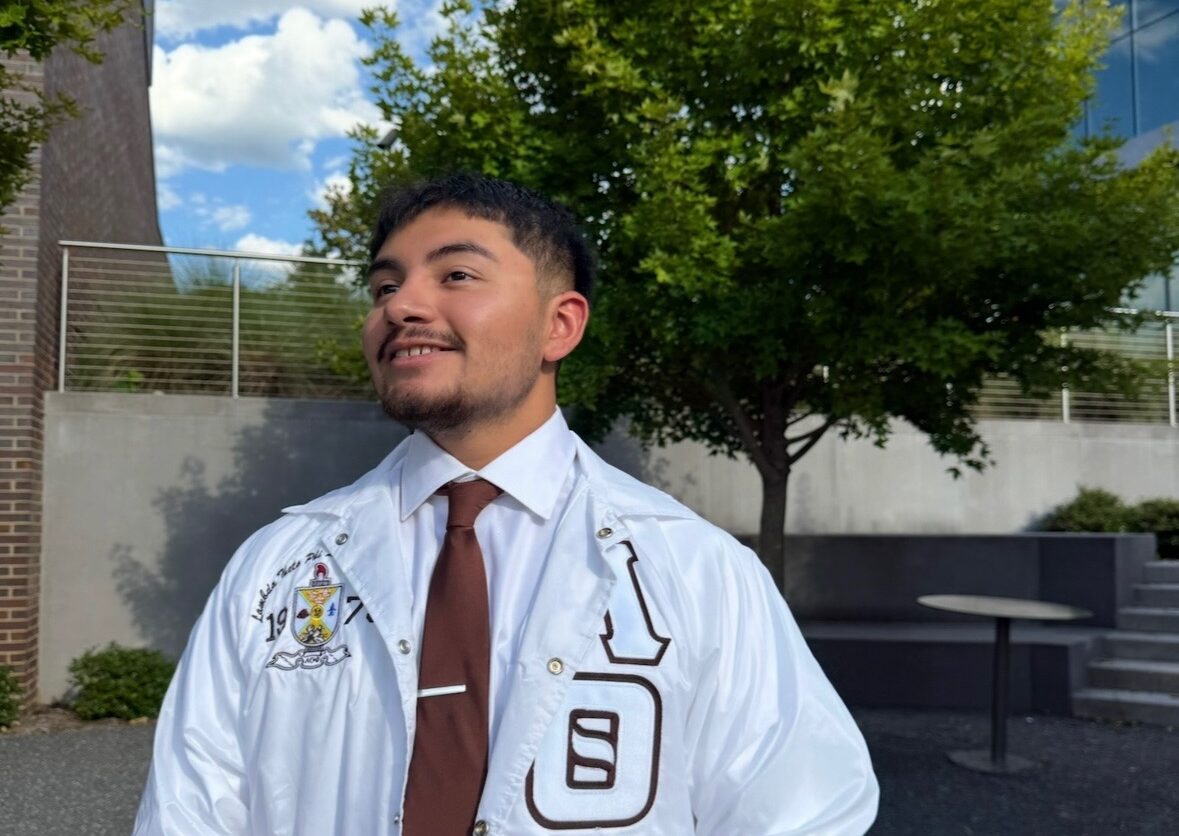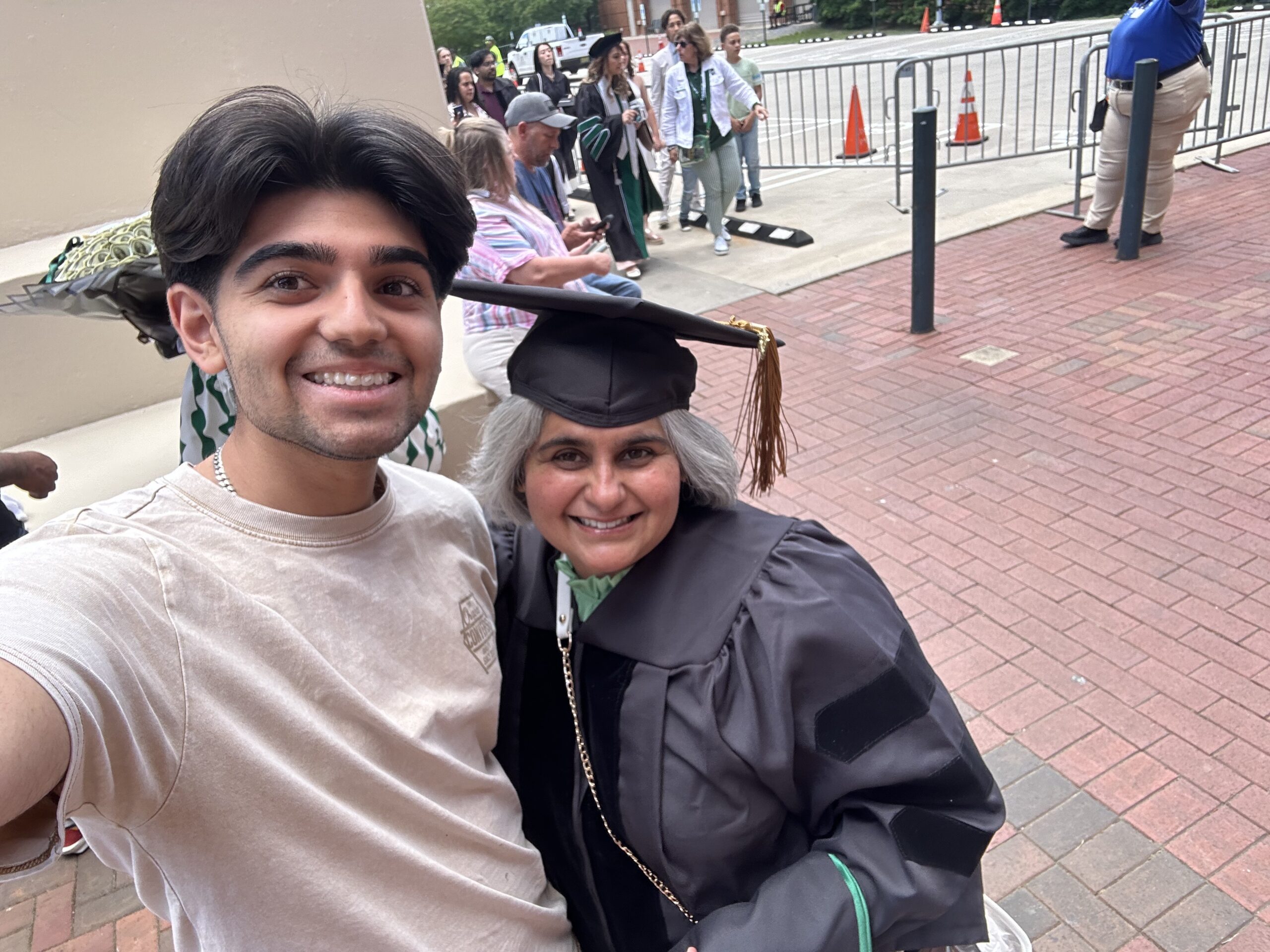The Power of Professional Coaching in the Caldwell Fellows Program

Professional coaching has long played a central role in the Caldwell Fellows Program, offering unique support and mentorship for students in their junior year. Through one-on-one coaching, students dive deep into defining their values, developing their leadership potential, and refining skills like time management and work-life balance. Every coach involved in the Caldwell Fellows Program is trained and certified by the International Coaching Federation, ensuring a high level of expertise and professionalism.
The program doesn’t just benefit current students; it engages alumni as well. In an effort to expand its impact, the Caldwell Fellows Program subsidizes coaching certification training for alumni who commit to volunteering with students for three years. This unique structure has fostered a thriving community of Caldwell coaches who help students tackle growth areas to optimize performance, providing guidance on everything from leadership development to personal well-being.
One of the program’s most dedicated coaches, David Frink (‘98), has volunteered for seven years and has served as the Caldwell coaching coordinator since 2020. He, alongside a collective of other coaches, supports juniors in navigating the big questions of their academic and professional lives. The coaches help students examine values-based vocation and explore what leadership really means to them. To do this, they make use of self-assessment tools to facilitate deep personal reflection and skill-building.
Coaching students in the same program that shaped my own undergraduate experience is deeply purposeful.
~Chris Nassivera
For Chris Nassivera (’93), who began coaching Caldwell Fellows after benefiting from the program herself, the role is personally significant. “Coaching students in the same program that shaped my own undergraduate experience is deeply purposeful,” she explains. Nassivera sees coaching as a privilege and an opportunity to help young people during a time of intense self-discovery. “Helping students clarify their values and build confidence can have a lasting impact,” she reflects, describing the transformative effect Caldwell had on her life and the joy she finds in contributing to others’ journeys.
The impact of coaching is also felt strongly by the volunteers, who report that coaching has changed their own lives. Raj Singh, for instance, describes how adopting a coaching mindset shifted the way he relates to others. “In the workplace, I focus on data and solutions, which has served me well in my career. But coaching has allowed me to approach some situations in a way that’s more understanding and supportive.” This approach, Singh notes, has improved his relationships in both personal and professional settings, highlighting how the program brings reciprocal benefits to both coaches and students.
For Shreye Saxena (’15), the decision to train as a coach was inspired by the impact Caldwell Fellows coaches had on her own life. “While there were certainly other professional opportunities… my ability to give back to the program that has given me so much was the main driver.” Saxena embodies the commitment of many Caldwell alumni, who join the coaching program not only to advance their own careers but also to enrich the lives of current students.
I’ve gotten to see that when opportunities align with my values, I’m significantly more passionate and motivated.
~Grace Sullivan
From the students’ perspective, coaching offers a framework for self-reflection that’s invaluable during the transition from university to career. Grace Sullivan (‘25) describes how coaching helped her pinpoint core values, which she uses as guiding principles. “I’ve gotten to see that when opportunities align with my values, I’m significantly more passionate and motivated.” Fellow Caldwell Fellow Ella Matischak (’25) reflects on the sense of self-assurance coaching has brought her, even in times of uncertainty: “I don’t have all the answers, but I have a mindset that assures me I will do what is right for me.”
Brandon Tucker (’25) also shares how defining his core values transformed his approach to decision-making. “If something made me feel anxious or guilty, it was often in conflict with one of my core values.” By understanding his values, he found himself better equipped to make choices that align with his beliefs, adding clarity to his life path.
Ultimately, the Caldwell Coaching Program exemplifies the best of what mentorship can offer: a mutually beneficial process where coaches refine their skills, gain practicum hours, and give back to the community, while students gain tailored guidance and support during a pivotal time in their lives. This holistic approach invites both alumni and students to reflect on foundational questions: What are my values? What are my strengths? Where will I apply my talents and gifts? Through coaching, Caldwell Fellows discover answers that lay the groundwork for impactful and meaningful lives.


